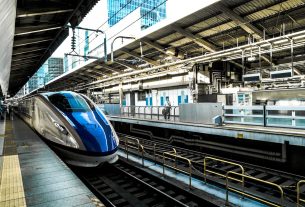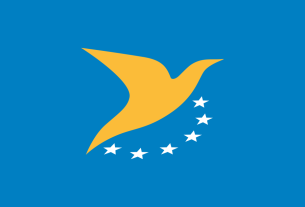TUI Airline has fully implemented the SITA OptiClimb solution across all five of its airlines as part of the group’s sustainability agenda to reduce airline emissions. The wider deployment of SITA’s innovative technology follows the success of its partial deployment, saving up to 200kg of fuel and 600kg of CO2 per aircraft per day.
Aircraft climb is the most fuel-intensive phase of a flight. SITA OptiClimb is an innovative predictive analytics solution that uses Machine Learning to build tail-specific performance models. Fed with 4D weather forecasts and operational flight plan inputs, these models predict fuel burn scenarios. The solution then provides pilots with customised climb speeds and acceleration levels specific to each tail and flight to optimise fuel without compromising flight times.
“TUI has committed to 2030 emission reduction targets for its own airlines, cruises, and hotels – emissions from TUI Airline are to be reduced by 24%,” said Marco Ciomperlik, Chief Airline Officer, TUI Group. “One of the ways we aim to cut these emissions is through operational measures that improve flight planning and optimise fuel management leveraging innovative technologies like SITA OptiClimb.”
Partially deployed by several TUI airlines in 2022, SITA OptiClimb is now fully deployed across all five airlines in the TUI Group, comprising TUI Airways, TUI fly Belgium, TUI fly Germany, TUI fly Netherlands, and TUI fly Nordic. The solution delivered total savings for TUI Airline of around 4,500 tons of fuel and 14,000 tons of carbon in 2022.
“We’re delighted to continue supporting TUI Group’s sustainability agenda,” said Yann Cabaret, CEO, SITA FOR AIRCRAFT. “Our ambition is to help the air transport industry progress faster on our shared journey to net-zero and improve the efficiency of travel through innovation and technology.”



